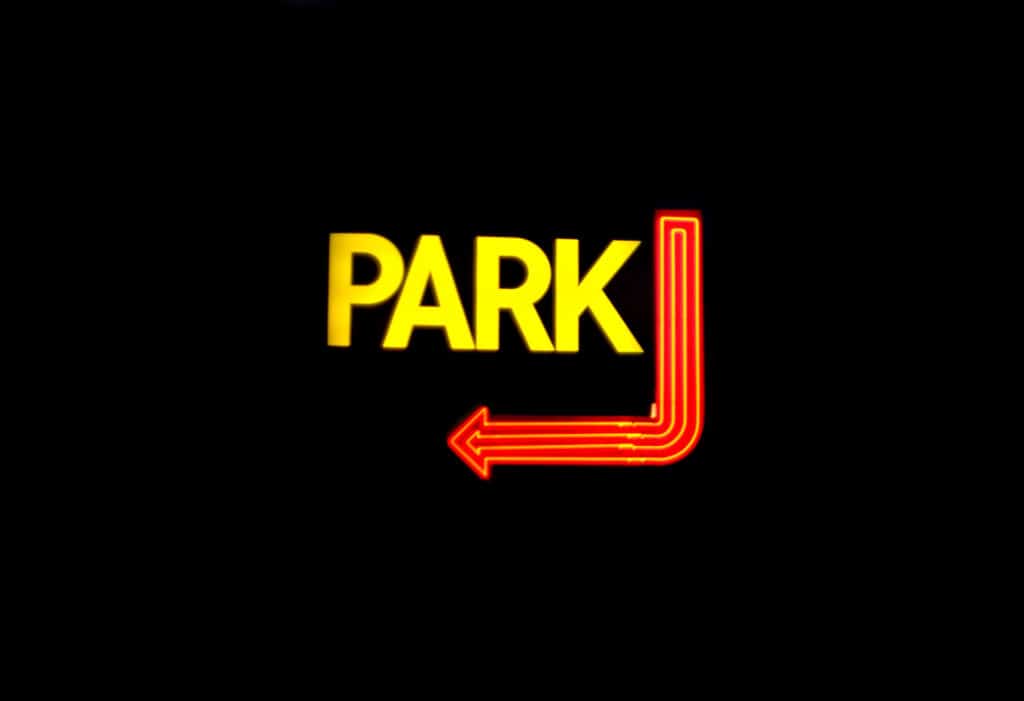Free Consultation
Free Consultation

On April 18, 2023, a parking garage suddenly collapsed in Lower Manhattan, leaving one person dead and several others injured. This devastating event raises important questions about the obligations of landlords to maintain their property in a safe condition and general rules of premises liability.
On a seemingly normal day in Lower Manhattan, people were going about their daily routines, parking their cars in a multi-level parking garage. Suddenly, without warning, the four-story structure gave way, resulting in a catastrophic collapse. Emergency responders were quickly on the scene, working tirelessly to rescue those trapped in the rubble. Sadly, one person lost their life, and several others sustained injuries ranging from minor to critical.
Investigation into the cause of the collapse is still ongoing, but initial reports suggest that structural deficiencies and inadequate maintenance may have played a role. “We have no reason to believe that this was anything other than a structural collapse,” New York City Police Commissioner Keechant Sewell told reporters. As a result, the families affected by this collapse may have legal recourse under premises liability law and landlord obligations.
An inspector assessing the structural integrity of a commercial parking garage structure would follow a systematic process involving visual inspections, material testing, and reviewing maintenance records. The process can be broken down into the following steps:
Signs that could lead an inspector to conclude the garage might be structurally dangerous or likely to collapse include:
In New York City, there are specific rules for regular inspections or parking garages. Under the NYC Department of Buildings (DOB) regulations, parking garages are subject to periodic inspections and maintenance to ensure public safety. Owners of parking garages are required to retain a qualified professional to perform a comprehensive at least once every three years. The inspection report must be submitted to the DOB, and any necessary repairs or corrective actions must be addressed promptly. Failure to comply, can result in fines and penalties.
Premises liability is a legal concept that holds property owners and managers responsible for maintaining a safe environment for people who visit, live, or work on their property. This responsibility extends to all aspects of the property, including structures, parking lots, sidewalks, and any other areas accessible to visitors.
When a person is injured on another’s property due to negligence or a lack of proper maintenance, the injured party may be entitled to compensation for their injuries. This can include medical expenses, lost wages, pain and suffering, and other damages resulting from the accident.
To successfully prove a premises liability claim, the injured party must demonstrate that the:
Landlords and property managers have a legal obligation to maintain their property in a safe condition. This includes ensuring that all structures on the property are sound and that any potential hazards are addressed promptly. Failure to do so can result in serious consequences, such as the recent parking garage collapse in Lower Manhattan.
Landlords must regularly inspect their property for potential dangers and take the necessary steps to correct any issues they find. This can include hiring professionals to inspect and repair structural issues, making sure that walkways are clear of debris, and maintaining adequate lighting in all areas of the property.
In the case of parking garage collapse, if it is determined that the landlord or property manager failed to properly maintain the structure, they may be held liable for the injuries and death that occurred as a result of the collapse.
Have a question about your premises liability case, call our office at 718-364-4000, or simply fill out a case intake form, and one of our attorneys will get right back to you.